A groundbreaking initiative is transforming the lives of rural women in Odisha, empowering them to become leaders in agriculture. The Mahila Pragati Farmer Producer Company Limited (MPFPCL) stands as a testament to their resilience, determination, and the transformative power of collective action.
MPFPCL is a pioneering initiative that empowers tribal women farmers to overcome the barriers they face and realize their full potential. With unwavering support from the Promotion and Stabilisation of Farmer Producer Organisations (PSFPO) initiative, these women have embarked on a journey of self-discovery, economic empowerment, and sustainable agricultural practices.
From facing challenges in traditional farming methods to navigating the complexities of the market, these women have overcome adversity through knowledge, skill development, and a shared vision. The success of MPFPCL's members, highlighted by the export of mangoes to Europe, is a testament to their dedication and the positive impact of empowering rural women.
The Mahila Pragati Farmer Producer Company Limited
Founded in 2018, MPFPCL was created to uplift tribal women farmers in Odisha. Women-led FPOs (Farmer Producer Organisations) are still rare, particularly in conservative and tribal regions of India, where patriarchal norms prevail. While these women showed courage, they faced significant challenges like lack of modern farming techniques and technology and weak market connections.
"Due to lack of proper farm techniques, our work was inefficient and labor-intensive. Also, with no market exposure, we relied on intermediaries who offered unfair prices for our produce. It seemed like an uphill battle," recalls Gita Nimhala, a board member of MPFPCL.
The turning point came when MPFPCL received support from the Promotion and Stabilisation of Farmer Producer Organisations (PSFPO) initiative.
The initiative, backed by the Bill and Melinda Gates Foundation and the Directorate of Horticulture under Odisha's Department of Agriculture and Farmers’ Empowerment, focused on training, market sensitization, and institutional capacity building with a gender-inclusive approach. Palladium has been working as a Technical Support Unit for the Government of Odisha, establishing an inclusive FPO ecosystem to enhance the profitability and sustainability of small-scale producers, especially women.
In 2024, Palladium collaborated with MPFPCL under the PSFPO project to train its members on post-harvest management and adherence to quality standards. "The training sessions focused on improving the quality of their produce through better handling, storage, and processing practices. Additionally, members were educated on adhering to stringent quality standards, ensuring that their products meet global market requirements and fetch better prices," explains Amit Patjoshi, CEO, Palladium.
This led to the successful export of nearly 2,000 kilograms of mangoes to Europe. This achievement resulted in a 40% profit increase for participating women farmers—demonstrating the power of effective market linkages and quality control in transforming livelihoods.
"Three areas are key to boosting exports from the state: strengthening supply chains, meeting international quality standards, and improving packaging," says Sudhanshu KK Mishra, Chief General Manager at the National Bank for Agriculture and Rural Development (NABARD). "Together with APEDA, the Department of Agriculture and Farmers’ Empowerment, and Palladium, we will focus on value-chain development to increase the export of fresh produce and strengthen smallholder farmers."
"As we celebrate the International Day of Rural Women, the success of these group of women offers a clear lesson: women leadership in farming is not just an imperative, but a practical solution for rural development," adds Patjoshi. "In Odisha, where agriculture is the lifeblood of many communities, the work of MPFPCL is a model for transforming women’s livelihoods. Their efforts in sustainable farming and market linkages serve as a blueprint for tackling rural poverty and ensuring long-term food security."
Looking Ahead
The FPO, now over 1,900 members strong, has diversified its activities to include a wide range of crops such as mangoes, custard apples, vegetables, and flowers. It has also expanded into goat farming and small-scale poultry to generate additional income streams. Looking ahead, the FPO aims to extend its reach to 3,000 women members and achieve a turnover of more than US$150,000 in the 2024-25 fiscal year.
Such FPOs are critical to Odisha’s development as they contribute to overall economic growth by boosting household incomes. They ensure that the benefits of the development reach women who often face social and economic exclusion.
These women-focused collectives also create sustainable livelihoods by pooling resources and working collectively. They are the key drivers for greater gender equality and strengthening women’s roles within their households, communities and the state.
(Note: This success story is based on information provided by Palladium.)




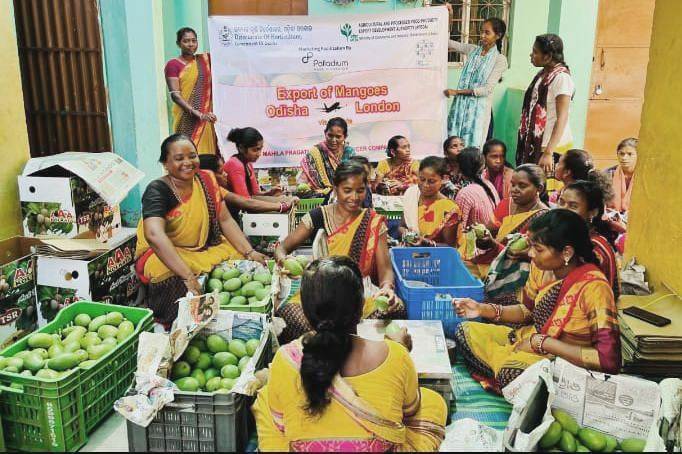
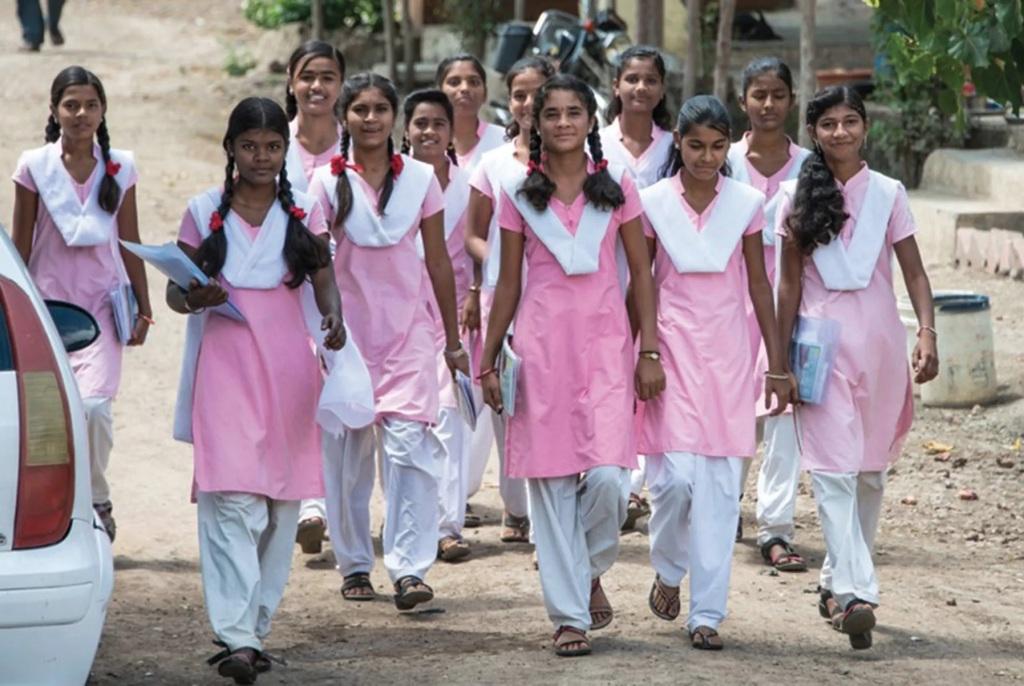


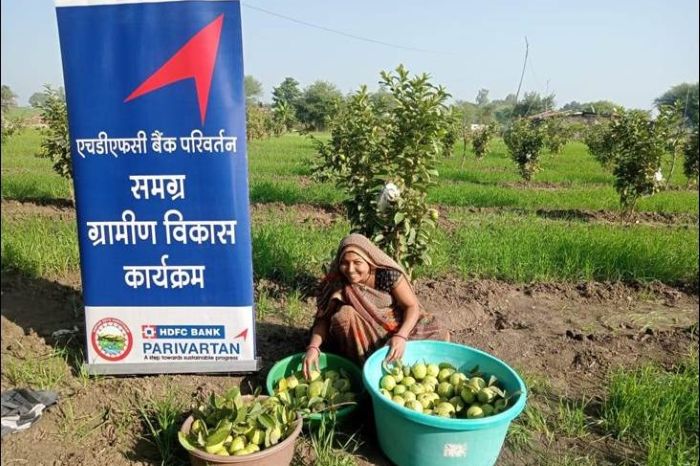
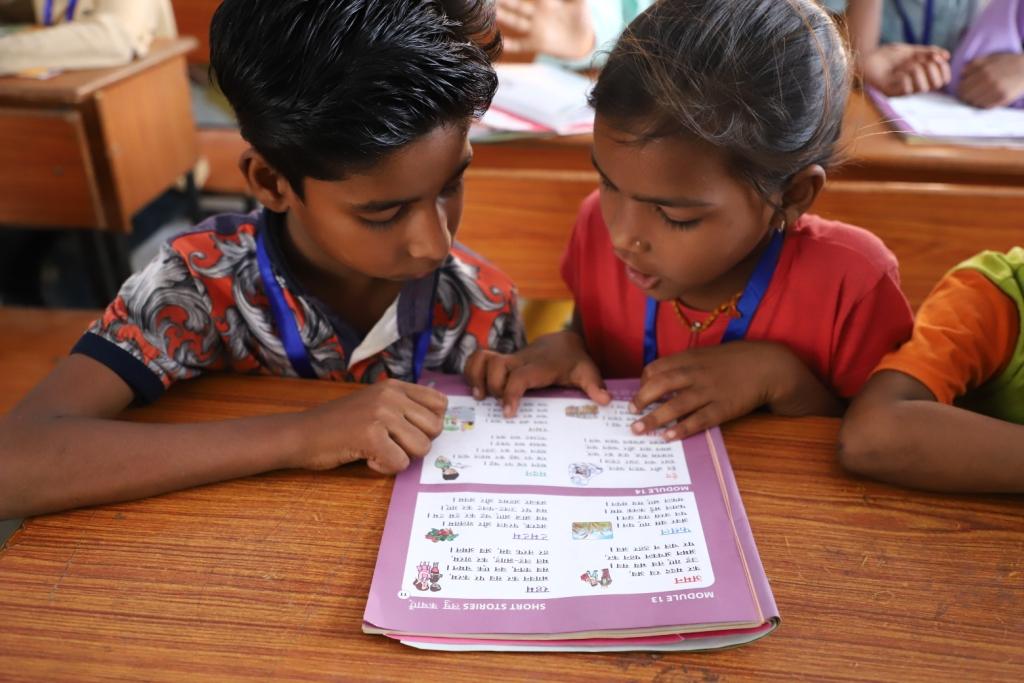
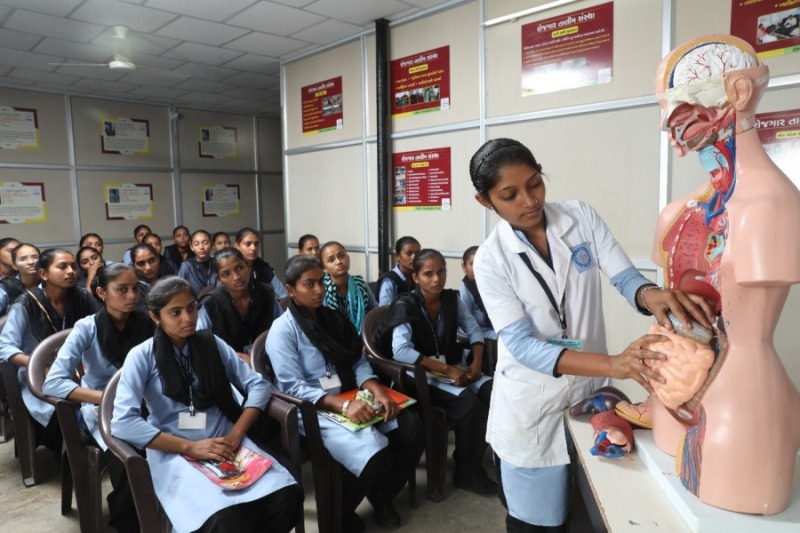

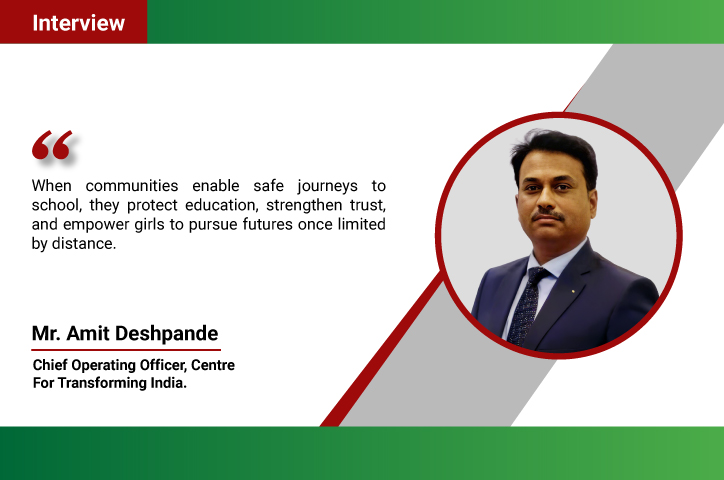
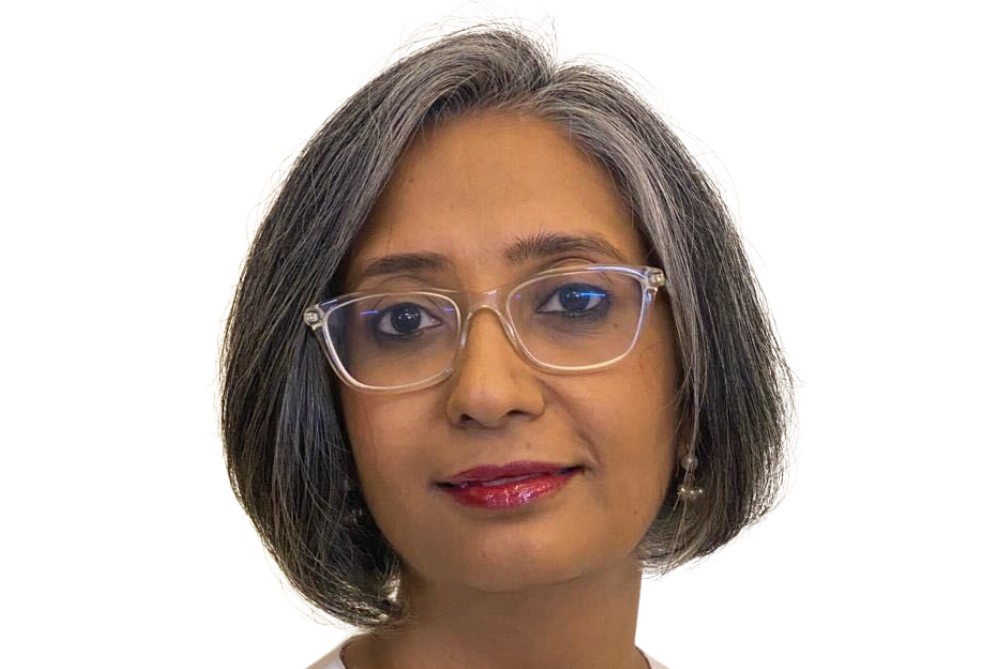





.jpg)



